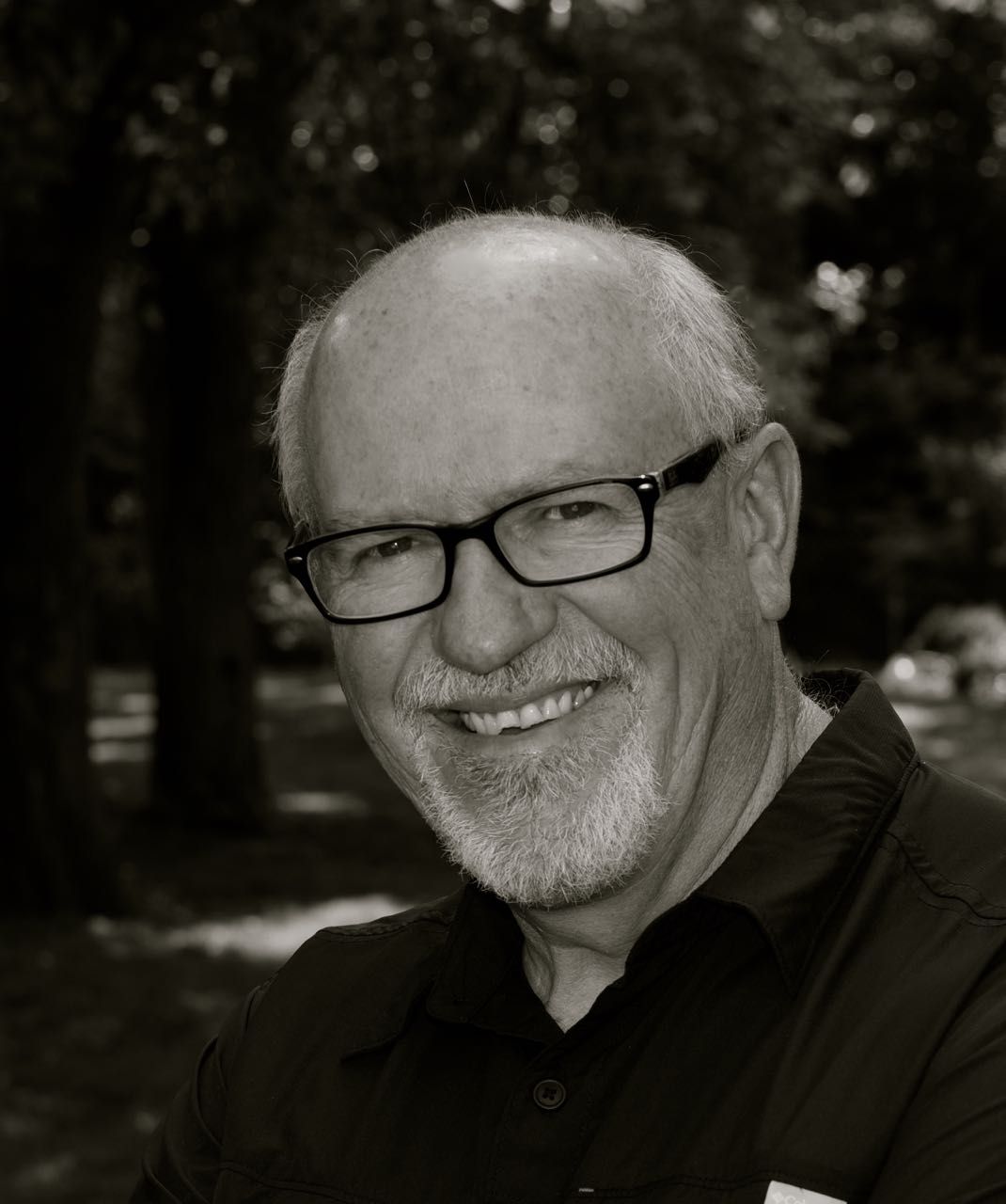Sweat beaded on my forehead as I entered the classroom at the Nkungi village Primary School. It was 2:30 in the afternoon on a hot African day when I asked the Headmaster of the school if I could take pictures. Children quickly tried to hide their farming hoes scattered awkwardly in the aisles. (notice the hoes in the photo above)
After school, they would go to the school’s farm and work the fertile red soil.
Fifty smiling students scrambled to their feet and, in unison, said, “Welcome to our school,” then burst into a happy song. The students had been in school since 7 a.m. Some walk as far as three miles to attend and others come from villages far away and stay with family or friends. They are hungry to learn. In this small little village in Africa, over 1,250 students jam into the Primary Schools.
Down the red dirt lane is the Gunda Secondary School. 700 student attend the school Outreach built as their first project in Tanzania. There are nine teachers for 700 students; one teacher for every 77 students.
Unique to this culture is the way school begins each morning. An old wheel rim hangs in a tree and students, once they are assembled, clang the wheel with an old hoe.
The ringing wheel rim is to call the teachers- not the kids- to school. If, when I was in school, it were up to me to call the teachers, we would have lived in a perpetual state of recess.
We asked the Headmaster what he needed most and he replied quickly: more teachers. All Tanzanian students are graded on a standardized national testing system and his school has a 77% pass rate. They are smart and could do better, but they struggle with mathematics, chemistry, and biology because they have no specialized teachers for those subjects. Therefore, his students struggle with those subjects on the national test.
As we prepared to leave, he bashfully asked for one more item; more food. Outreach supplies nutritious meals packaged by volunteers in the U.S., but each term more students attend. Hungry students have difficulty learning. This region is stunningly beautiful but incredibly poor.
Among the many new friends I’ve found here is Dr. Mike Kitwaka.
Mike is the Board Chairman of Outreach International Tanzania. Mike grew up in this village and remembers when zebras, leopards, and cheetahs roamed the countryside. A veterinarian, Mike speaks softly but carries great authority and wisdom when he says, “The students, they are hungry to eat and hungry to learn and by learning they will make sure their children do not go hungry.”
I was invited with Floyd and Kathy Hammer- the founders of Outreach- into the home of Dr. Parseko V. Kone, Regional Commissioner of Singida. He is one of six Commissioners appointed by the President. He said the government of Tanzania hired 28,000 new teachers last year and plans to hire 28,000 more this year!
Watching these students sweat out the heat in long days in primitive conditions has inspired me to never stop learning, because education is the key that unlocks our destiny as a person and as a nation.






